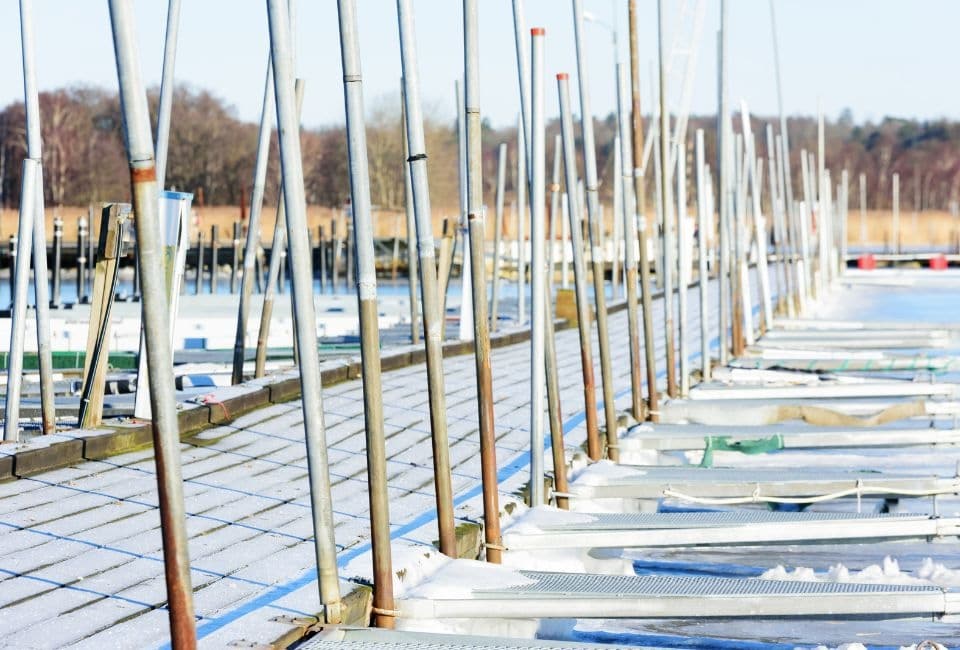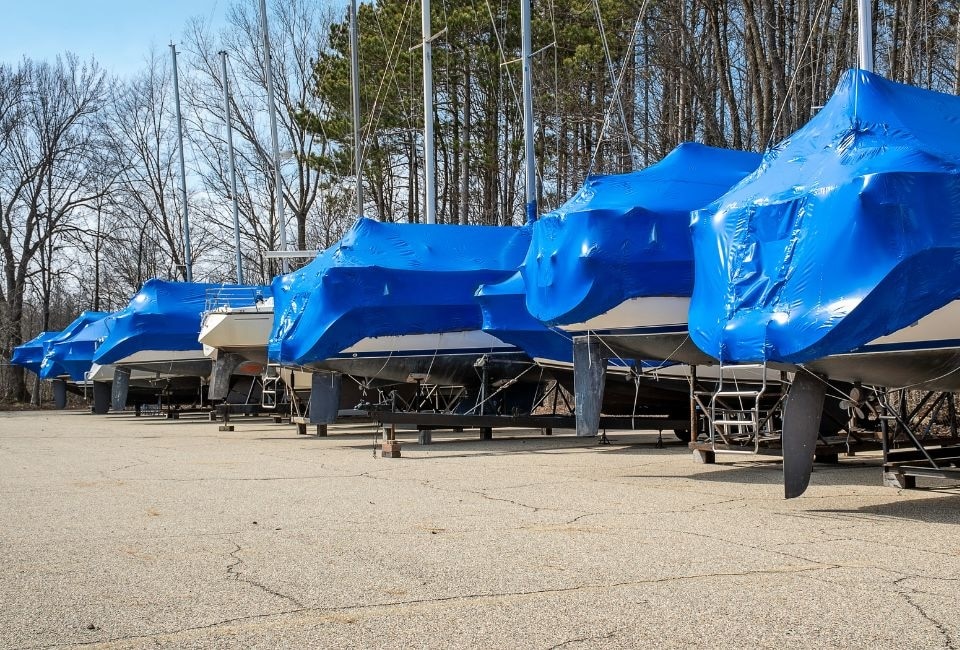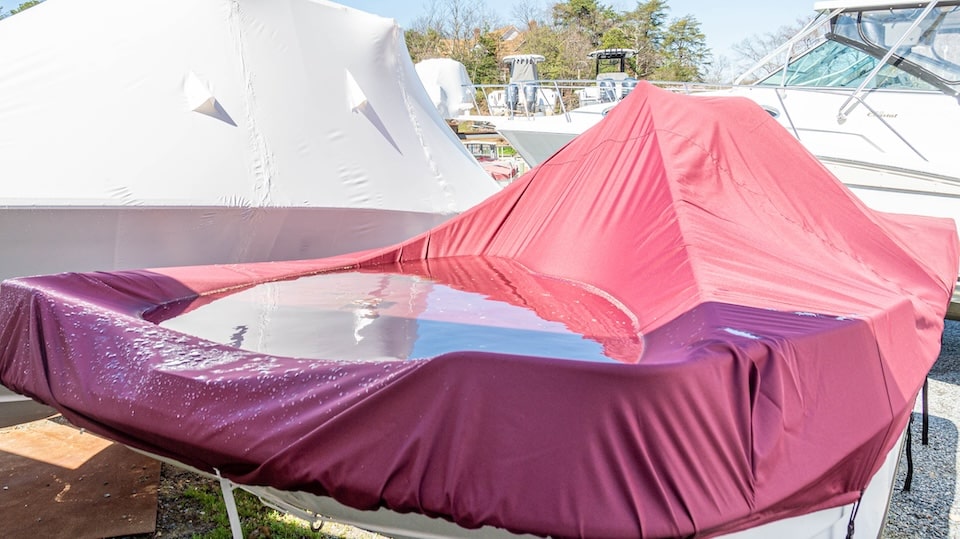Across much of America, millions of recreational boats have been laid up for winter storage. With the boating season officially over, some boat owners may think they are free and clear for the next six months. However, the Boat Owners Association of The United States (BoatUS) offers three best practices for winter storage to ensure the off-season goes smoothly and safely.

1. If you haven’t done so yet, read your marina, boat club or storage facility contract. Every page. Why? This document clearly specifies critical safety rules to live by over the winter. Don’t assume that because you read one contract they’re all the same. Different contracts apply to the specific type of winter storage you might have, such as outdoor, indoor or boats stored on a rack. Contracts also include work rules. Some common ones may include no work of any kind (most often for boats in rack storage but also sometimes for indoor storage), prohibiting outside contractors, no heaters or portable generators, or batteries must be disconnected. Why all the rules? There’s no getting around the fact that vessels tightly stored together tee up an increased fire hazard. So, for the greater good of everyone in winter storage, follow these rules to the letter.

2. Say “no” to power cords. While this best practice could have been included above, it deserves its own mention. Ask any marina owner what keeps them up at night over the long winter storage period and they will tell you one item at the top of the list is power cords. Undersized and multiple cords connected together are not only a potential source of ignition but make whatever they are plugged into, such as a battery charger or heater, another fire issue. If you need power to the boat to do some off-season work, check with your marina first. Some marinas may also require notification of any work you wish to do.

3. Visit your boat – safely. BoatUS recommends checking on your boat at least once during the off season, though more often is better. This will help ensure animals don’t make a home and your cover or shrink wrap is still effectively shedding ice and snow. When visiting the boat, it’s best to find a parking spot away from vessels on jackstands. Don’t move or adjust jackstands, and never tie off a winter cover to them. If you need to use a ladder to climb aboard, tie it off at the top. If your boat is stored in the water, bring a friend with you so a slip off an icy dock doesn’t go unnoticed.
About Boat Owners Association of The United States (BoatUS):
Celebrating more than 55 years, BoatUS is the nation’s largest advocacy, services and safety group with nearly 800,000 dues-paying members. BoatUS is the boat owners’ voice on Capitol Hill, fighting for their rights. The TowBoatUS® fleet is available 24/7 to assist our members on the water when boats break down or run aground with some 600 vessels and 300-plus locations across North America, bringing our members safely back to the launch ramp, marina or dock. On the road, we are The Boat Owners Auto Club™, helping ensure roadside trailer and tow vehicle breakdowns won’t slow you down. BoatUS offers GEICO boat insurance policies that give boat owners affordable, specialized coverage and the superior service they need. Award-winning BoatUS Magazine is the largest circulation recreational marine publication in the U.S. with engaging content that speaks to the passion for boat ownership, while our 501(c)(3) nonprofit BoatUS Foundation for Boating Safety and Clean Water offers the nation’s only free online boating safety course and many other programs that keep boaters safe and our waters clean. Visit BoatUS.com.
The Women's Outdoor News, aka The WON, features news, reviews and stories about women who are shooting, hunting, fishing and actively engaging in outdoor adventure. This publication is for women, by women. View all posts by The WON